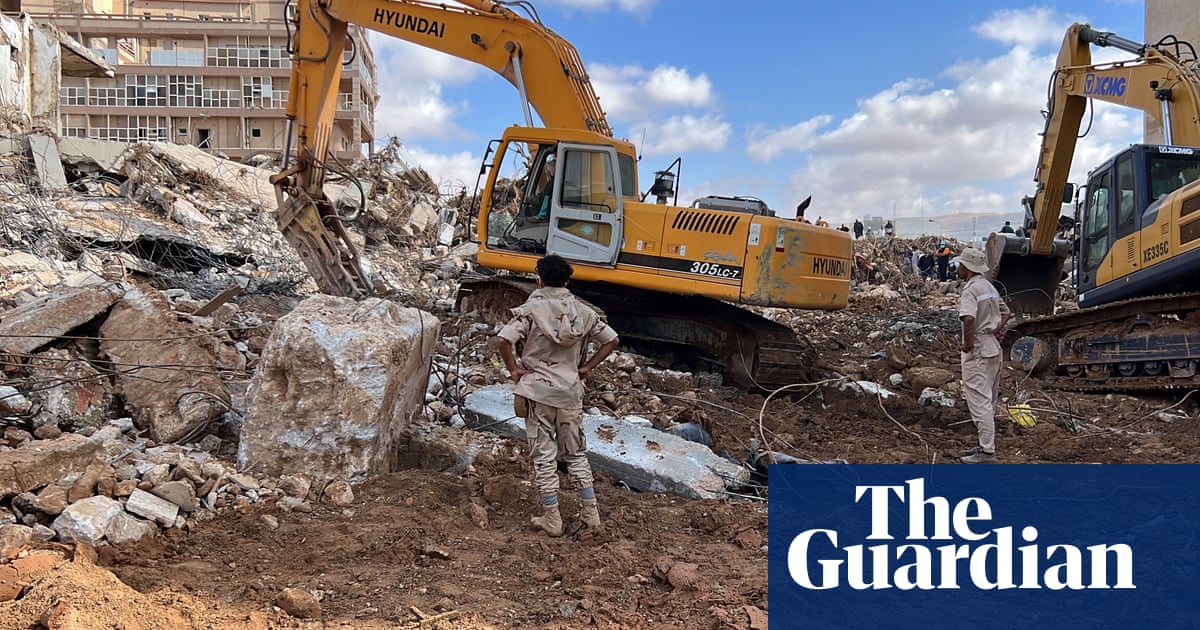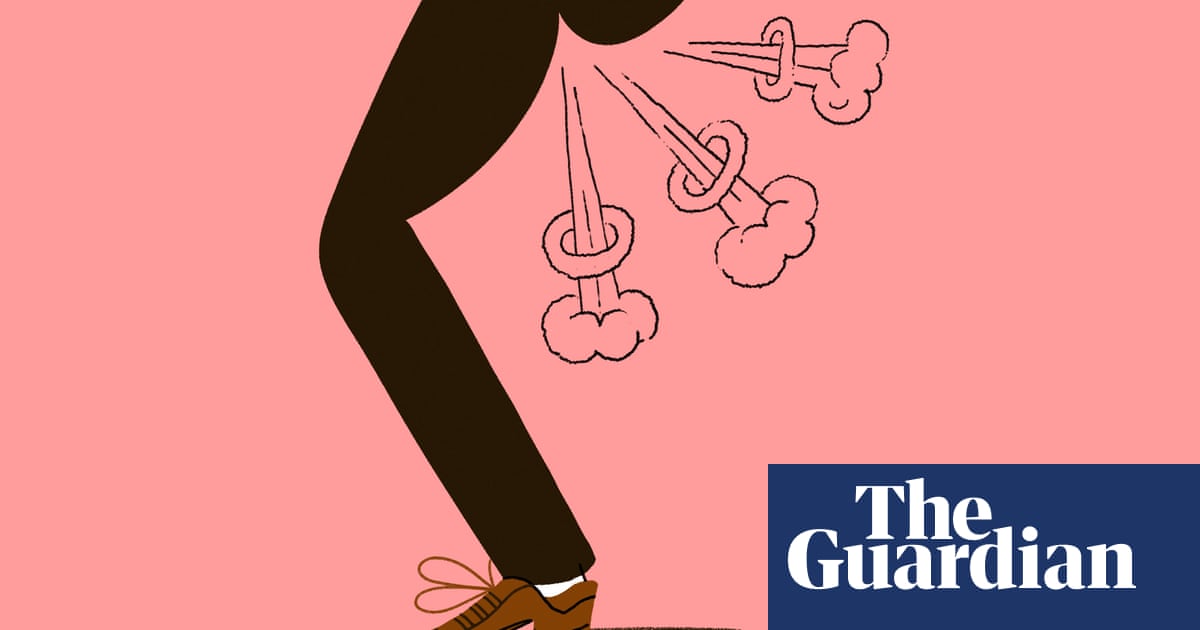
Omar al-Rifadi has been searching for his missing 20-year-old daughter ever since disaster struck the Libyan city of Derna on Sunday, when she disappeared, lost in the darkness amid a catastrophic flood that claimed the lives of thousands and swept many into the sea.
“I walked on foot to look for her. I went to all the hospitals and schools. But luck was not on my side,” the 52-year-old said, tears streaming down his face.
Rifadi said he had been working on the night of the flood, which obliterated vast areas of the Mediterranean coastal city. Heavy rain dumped by Storm Daniel engulfed what used to be a dry riverbed on Sunday evening, causing the collapse of two poorly maintained dams. Floods washed away entire buildings in downtown Derna, as families slept.
Rifadi called his wife’s phone again. There was no answer. It was turned off. “At least 50 members of my family, including both missing and deceased, are unaccounted for,” he said.
Officials estimate the number of missing people to be about 10,000. The Libyan Red Crescent says almost 2,000 bodies were washed into the sea. By any measure, it is a terrible disaster.
On Thursday afternoon, children’s clothing, toys, furniture, shoes, and other belongings were scattered along the shore due to the floods. A foot poked from under a mound of debris. Mud covered the streets, with uprooted trees and hundreds of smashed cars, many of which flipped on their sides or lay upside down. One car was wedged on to the second-floor balcony of a demolished building.
“My wife and I survived but I lost my brother,” said Salem Omar, a 38-year-old engineer. “My brother lives in the city centre, where most of the destruction occurred. We haven’t found his body. We fear that bodies may become infected with serious diseases.”
Two strangers’ bodies were found in his apartment. As he spoke, a search and rescue team from the United Arab Emirates, working nearby, recovered the body of his neighbour. “She’s my aunt, Amina. May she rest in peace,” he said.
“Tens of thousands of people are now homeless. We need international assistance. Libya does not have the necessary experience to deal with such disasters.”
The extent of the destruction is evident from elevated areas above Derna. This used to be the city centre, densely populated, and built along the course of a seasonal crescent-shaped river. It is now submerged in muddy waters glistening in the sunlight, after buildings were swept away, with the urban landscape rubbed out.
Derna’s mayor, Abdelmonem al-Ghaithi, said the death toll in the city could reach between 20,000 and 25,000, based on the number of flooded neighbourhoods. Storm Daniel also inundated nearby areas, including the seaside resort of Soussa.
Ghaithi said rescue teams had arrived in Derna from Egypt, Tunisia, the UAE, Turkey, and Qatar. “We actually need specialised teams for body retrieval,” he said. “I fear that an epidemic may spread in the city due to the large number of bodies under the rubble and in the water.”
The UN International Organization for Migration reported that at least 30,000 people have been displaced in Derna, left hungry and homeless.
Rescue operations are complicated due to the political division in Libya, a country with a population of 7 million. It has experienced intermittent warfare since 2011, when a Nato-backed uprising toppled Muammar Gaddafi. Libya lacks a central government and has two parallel administrations. There is an internationally recognised government based in the capital, Tripoli, and a rival eastern one, led by a military commander, Khalifa Haftar.
Beyond the politics are human tragedies. One family lost 40 relatives after their house overlooking the Derna valley was swept away. In another heartbreaking story, a father survived himself, but watched helplessly as his only son, who was 22, died in front of him. The man – who declined to be named – spoke from inside the overcrowded Derna hospital, which was filled with the injured.
“At 2am, after the floods rose to dangerous levels and reached our home, I went to fetch my son,” the father recalled, speaking with visible difficulty. “My son was at a friend’s house. Moments after I reached him, the waters overwhelmed us, pushing us towards the roof. We fought for hours.
“Eventually the waters carried my son away in front of my eyes, slamming his head against the door. He remained stuck there until morning. The last words I heard from him were, ‘Forgive me, Dad,’ as I lost my only son. He was a university student.”
Derna has been hit before by natural disasters, including a flood in 1941, during the second world war, that caused significant losses to the German army stationed on the outskirts of the city. There were further catastrophic floods in 1959 and 1968 and another in 1986 that – though severe – was mitigated by the presence of dams that played a crucial role in preventing damage to the city.
In Sunday’s flood, these poorly maintained dams collapsed. Both sides of the country have called for an inquiry into what happened, and whether negligence played a role. Whatever the cause, it is the worst catastrophe since records began at the beginning of the last century. The consequences cannot be compared, in terms of material and human losses, to any of these previous floods.
Rescue teams from all over eastern and western Libya are facing difficulties reaching the affected neighbourhoods in Derna and other mountainous cities. Most of the roads and bridges leading to them have collapsed. There are no communications inside Derna, with telephone and internet services down.
The city itself has been divided into two separate halves, with remnants of torrents left by the storm and limited resources available to rescue teams. This has led the Libyan authorities to urgently request international assistance to save what is left, of the city and its people.











